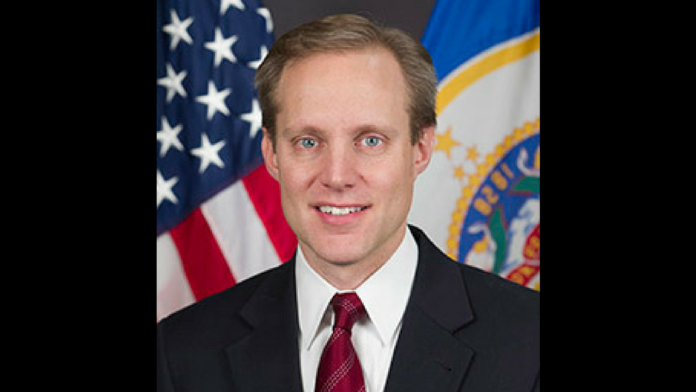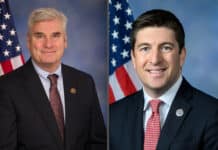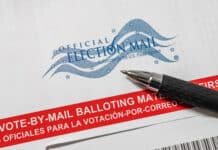ST. PAUL, Minn. — On Wednesday, the Presidential Advisory Commission on Election Integrity sent out letters to the Secretary of State for each state asking for voter rolls to see if voter fraud has occurred.
Minnesota Secretary of State Steve Simon announced Friday morning that he would be joining five other states – California, Kentucky, Virginia, Massachusetts, and Connecticut – in resisting the council looking into voter fraud. Simon’s decision is in line with other Democrats, despite the information being requested by the council could be bought by Minnesota residents for $46 on the Secretary of State website.
“The commission openly disclosed that all of their requested personal data, including social security numbers and voting history, would be made available to the public,” Simon said in a released statement. “I will not hand over Minnesota voters’ sensitive personal information to the commission.”
The presidential commission was created after President Donald Trump claimed that the popular vote total, which showed former Secretary of State Hillary Clinton winning by several million votes, was riddled with more than three million votes from those who are ineligible to vote.
“The integrity of the vote is a foundation of our democracy,” Vice President Mike Pence said of the commission in a statement from the White House. “This bipartisan commission will review ways to strengthen that integrity in order to protect and preserve the principle of one person, one vote.”
Connecticut Secretary of State Denise Merrill released the letter sent by Vice Chair of the election integrity commission, which was published by the Washington Post. It states:
“I am requesting that you provide the Commission the publicly-available voter roll data for Connecticut, including, if publicly available under the laws of your state, the full first name and last names of all registrants, middle names, or initials if available, addresses, date of births, political party (if reordered in your state) last four digits of social security number if available, voter history (elections voted in) from 2006 onward, active/inactive status, cancelled status, information regarding any felony convictions, information regarding voter registration in another state, information regarding military status, and overseas citizen information.”
Simon questions the integrity of the council itself.
“I have serious doubts about the commission’s credibility and trustworthiness. It’s two co-chairs have publicly backed President Trump’s false and irresponsible claim that millions of ineligible votes were cast in the last election,” Simon says in the statement. “The commission seems to be distracting from the most serious challenge to the integrity of our election system: The threat of cyber-attacks by outside forces, including foreign governments, who seek to disrupt and undermine our elections.”


















